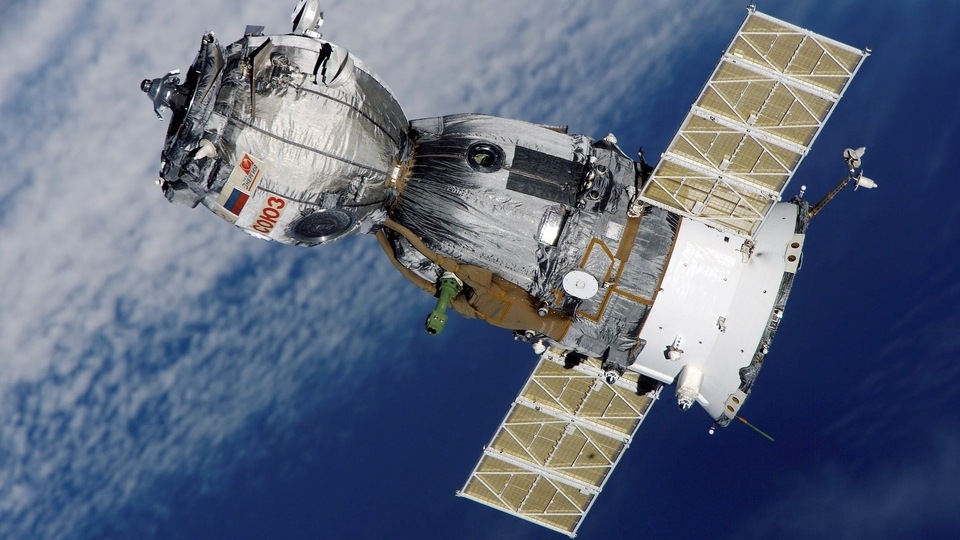Indian Space Station project set for launch in 2028, reveals ISRO Chief S Somanath
ISRO plans to launch the first module of the Indian Space Station by 2028, aiming for full operation by 2035. Chairman S Somanath details ambitious goals at a science conference.

In a significant stride towards the establishment of the Indian Space Station, S Somanath, the Chairman of the Indian Space Research Organisation (ISRO), unveiled plans on Friday to launch the first module by 2028. Speaking at the 6th Bharatiya Vigyan Sammelan held at Science City in Ahmedabad, organised by the Vijnana Bharati, Somanath outlined the roadmap for this groundbreaking initiative.
Indian Space Station Launch by 2028
"The target is clear: by 2028, we aim to launch the first module. However, due to the limitations of our current rocket, LVM-3, with a payload capacity of 10 tonnes, the initial module will weigh eight tonnes," stated Somanath. He elaborated that subsequent modules, ranging from 20 to 25 tonnes, require a more powerful launch vehicle currently under development. Seeking approval for this advanced rocket, ISRO anticipates seven years for its completion, aligning with the goal of making the space station fully operational by 2035, AIR reported.
We are now on WhatsApp. Click to join.
Human Exploration Post-2035
The Indian Space Station launch in 2028 will introduce a robotic module, serving as a satellite for docking, experimentation, and return. The prospect of human space travel to the station is slated for post-2035, once the heavier modules are successfully launched and integrated.
Somanath underscored the need for a robust connection between industry and academia, emphasising the synergy between science and technology. Embracing a vision for India to evolve into a manufacturer of defence equipment and potentially an exporter in the future, he stressed the vital role of academia-industry collaboration.
"Connecting academia with industry is crucial. The current link is still weak, and merely publishing in journals is insufficient. Research conducted in universities and institutions should drive product innovation in industries, immediately reaching markets to generate revenue. This revenue should then reinvest in further research- a chain we need to establish in every domain," stated Somanath.
He highlighted the New Education Policies focus on building capabilities to convert knowledge creation into wealth creation, indicating the government's commitment to this transformative science policy. The essence lies in turning knowledge into tangible value for the nation's progress.
Catch all the Latest Tech News, Mobile News, Laptop News, Gaming news, Wearables News , How To News, also keep up with us on Whatsapp channel,Twitter, Facebook, Google News, and Instagram. For our latest videos, subscribe to our YouTube channel.


























